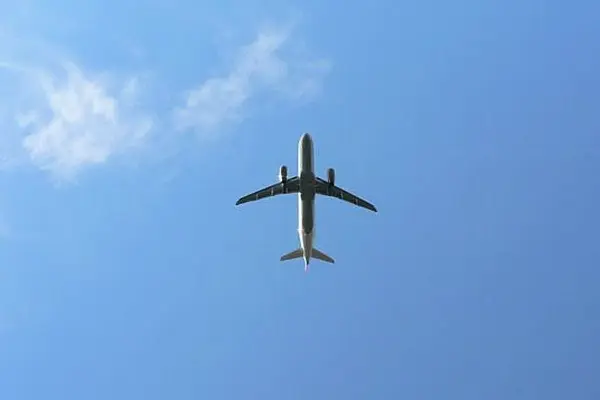The number of European flights delayed by up to two hours is set to increase seven-fold by 2040 due to greater travel demand and a lack of capacity on the ground and in the air to keep up with the growth, European network manager Eurocontrol said.
Eurocontrol, which manages Europe's air traffic network, said in a report that flights in its region are due to increase 53% by 2040, but that airport capacity is set to rise by only 16%.
It predicts that by 2040, around 470,000 passengers per day will be delayed by up to 2 hours, compared with around 50,000 passengers today.
Airports therefore need to construct more runways or deploy technology to make better use of the runways, Eurocontrol director general Eamonn Brennan said.
"By 2040, there will be 1.5 million flights we can't handle, that's 160 million passengers who can't fly," he told Reuters on the sidelines of the ACI airports conference in Brussels.
Plans for a new runway at London Heathrow were earlier this month backed after decades of delay, although the project could still face challenges before building starts.
"It's nearly impossible to build a runway in Europe today," Brennan told the conference.
Europe is already struggling to cope this year, Brennan added. Airlines have squarely attacked air traffic control as the reason for recent flight delays, citing strikes in France and staff shortages.
IAG CEO Willie Walsh said this month that the current air traffic control situation in Europe is "a mess" and Ryanair has called on the Commission and national governments to take action to prevent a full meltdown over the summer.
Eurocontrol has said it expects 14.3 million minutes of delay for 2018, up by 5 million, or a 53% jump from 2017. With each minute of delay estimated to cost €70, that's an extra €30 million of costs for airlines to cope with.
"When you take capacity out of a system that's nearly full, it's very difficult to handle," Eurocontrol's Brennan said of the strikes and staff shortages this summer.
Volker Dick, president of the ATCEUC association of air traffic controller unions, said the ATC staffing problems had resulted after pressure from airlines to reduce costs meant that hiring of new controllers had been frozen for several years.
"The only option right now is to negotiate more working hours and there you will have a problem," he said, saying that leave had already been restricted over the summer in some areas to handle shortfalls.
Eurocontrol's Brennan said use of new technology could make air traffic controllers more productive.
"Technology will not ultimately take the controller's job, but it should assist them and it will make them more productive," he said, citing for example technology that can help planes fly more closely together yet still safely.
News by Reuters, edited by Hospitality Ireland. Click subscribe to sign up for the Hospitality Ireland print edition.









